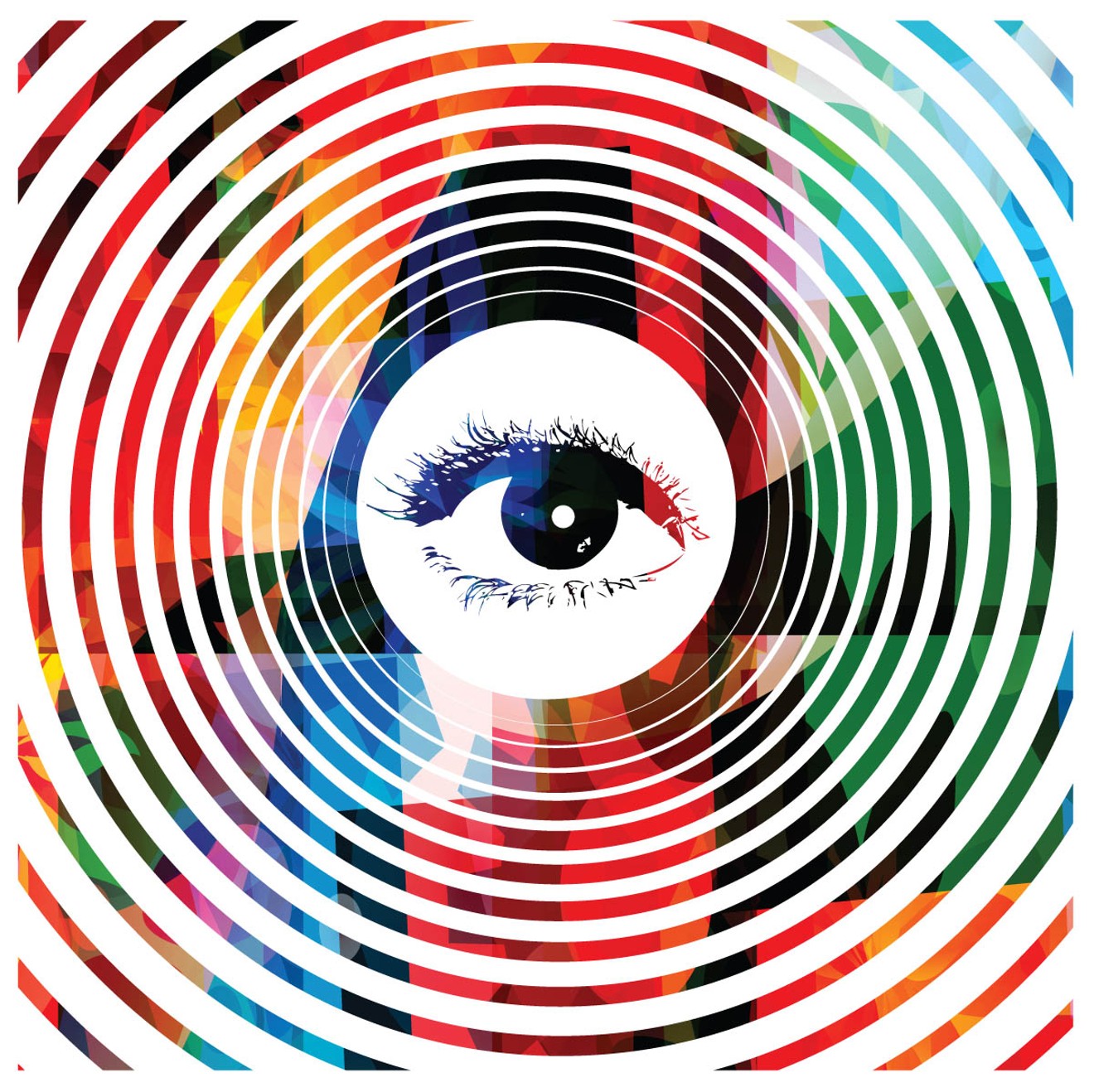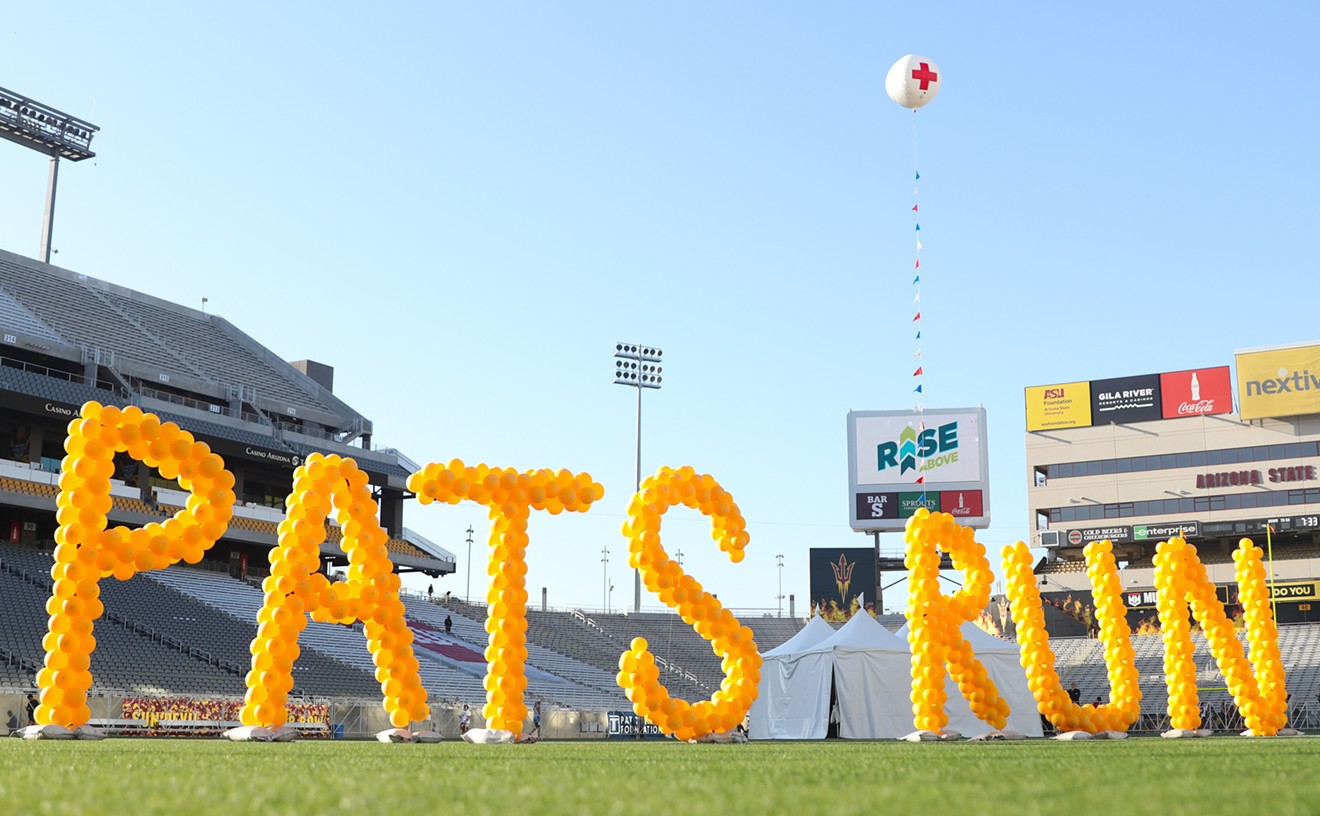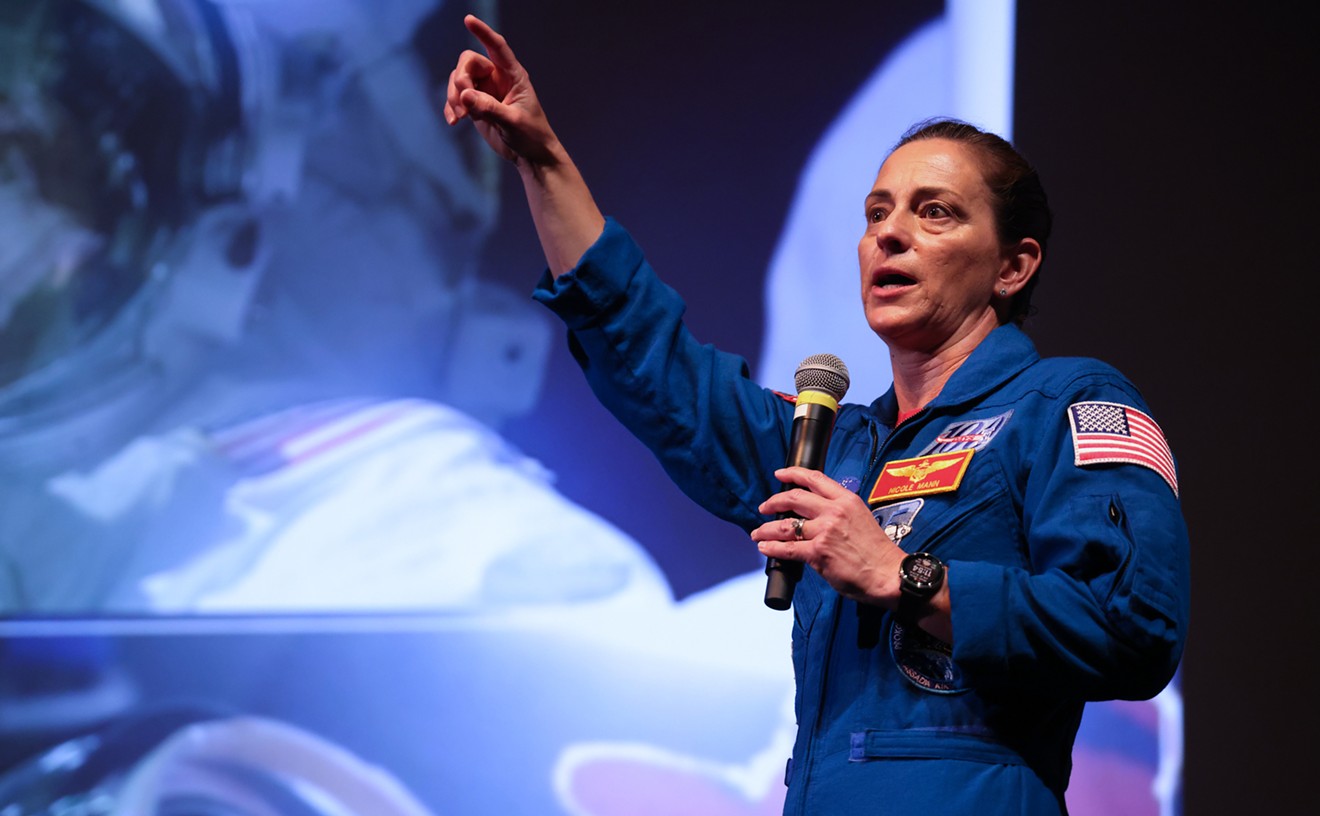She may not be excellent at her job as counselor to the President, but notorious Oval Office sofa-sitter Kellyanne Conway sure is good at boosting the sale of old books.
Not long after Conway coined the phrase “alternative facts” in a CNN interview this past January, George Orwell’s dystopian novel Nineteen Eighty-Four soared to the top of Amazon’s bestseller list. It was bumped from that spot last month by Margaret Atwood’s The Handmaid’s Tale and joined by other world-in-chaos fiction titles including Ray Bradbury’s Fahrenheit 451, Aldous Huxley’s Brave New World, and Orwell’s other high school English perennial, Animal Farm. At local brick-and-mortar stores like Changing Hands Bookstore, these older titles are outselling monsters like The 5 Love Languages, Hillbilly Elegy, and Marie Kondo — and that’s without benefit of media campaigns or new sequels to bump them back onto the chart.
As noted in a recent Washington Post editorial by Ron Charles, dystopian fiction was already on the uptick since President Trump’s election in November. In the past three months alone, Random House has ordered an extra 175,000 copies of Nineteen Eighty-Four, based on demand for the title.
The Handmaid’s Tale is number two on Changing Hands list of best-selling “social and political” titles. The Atwood novel’s big sales might be tied to the upcoming television adaptation, teased in a promo that aired during the Super Bowl. But people are also lining up at Changing Hands for a copy of Sinclair Lewis’s 1935 It Can’t Happen Here, another frighteningly prescient novel about a new president who uses scare tactics, attempts economic and social reforms, and promises a return to patriotism and traditional values.
Are readers glomming onto these books as primers, or as a means of comforting themselves? Are fiction fans mistaking The Handmaid’s Tale for a user’s manual?
Some of these buyers may have read the Orwell books long enough ago that their gloomy, futuristic plots then seemed farfetched and improbable. “I’m really looking at how accurate Nineteen Eighty-Four is,” says Mark Kessler, a Changing Hands patron and book-club member.
“I remember reading it in junior college and thinking, ‘Oh, this is a cautionary tale, I get it’,” he says of Nineteen Eighty-Four. Published in 1949, the novel depicts a socially stratified, post-nuclear war America led by dictatorship. “I thought it was overwrought and kind of dumb that [Orwell] went as far as he did with that plotline.”
Now, Kessler says, he’s shocked by how many things Orwell foresaw. “There are a bunch of parallels between our present and Nineteen Eighty-Four.” The scariest among them, in Kessler’s estimation, is Trump’s January gag order on the Environmental Protection Agency, blocking news of its publicly funded science research.
“That seemed so impossible,” he recalls of his more youthful reading of the Orwell novel. “Like, people would look around and see that all the trees were dying, or whatever, and know the guy in charge was lying, or blocking the truth, or whatever. That always seemed unreal. Now, of course, I see how it’s really possible. And it scares the crap out of me.”
Younger, first-time readers are looking at dystopian novels as a way to make sense of what’s happening around them. Or, as in the case of Glendale Community College student Lynda Flarey, to prepare for the inevitable.
“I know it sounds dumb, but I’m treating Nineteen Eighty-Four like a crystal ball,” Flarey admits. “It’s amazing to me how many things this guy predicted.” There is, Flarey says, the connection between Orwell’s surveillance state, monitored by two-way devices that stream news and propaganda while recording what’s going on with their users. Cellphones, she points out, arguably serve the same function.
“What really freaks me out is Newspeak,” admits Flarey, referring to Orwell’s Nineteen Eighty-Four conversational device in which words are abbreviated and conflated, not unlike those used in texting today.
“That’s a little too close to what’s happening today to ignore,” she says. “So, you know, the next thing I’m reading is Animal Farm. I’m not trying to scare myself with these books. I’m reading them because I want to know what’s going to happen next in the world.”
[
{
"name": "Air - MediumRectangle - Inline Content - Mobile Display Size",
"component": "18478561",
"insertPoint": "2",
"requiredCountToDisplay": "2"
},{
"name": "Editor Picks",
"component": "16759093",
"insertPoint": "4",
"requiredCountToDisplay": "1"
},{
"name": "Inline Links",
"component": "17980324",
"insertPoint": "8th",
"startingPoint": 8,
"requiredCountToDisplay": "7",
"maxInsertions": 25
},{
"name": "Air - MediumRectangle - Combo - Inline Content",
"component": "16759092",
"insertPoint": "8th",
"startingPoint": 8,
"requiredCountToDisplay": "7",
"maxInsertions": 25
},{
"name": "Inline Links",
"component": "17980324",
"insertPoint": "8th",
"startingPoint": 12,
"requiredCountToDisplay": "11",
"maxInsertions": 24
},{
"name": "Air - Leaderboard Tower - Combo - Inline Content",
"component": "16759094",
"insertPoint": "8th",
"startingPoint": 12,
"requiredCountToDisplay": "11",
"maxInsertions": 24
}
]











